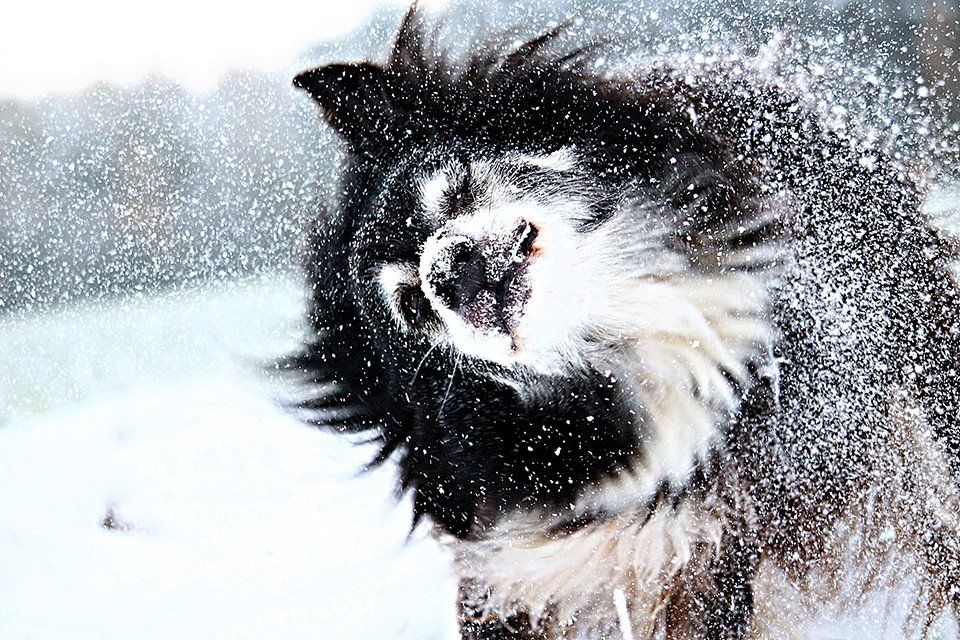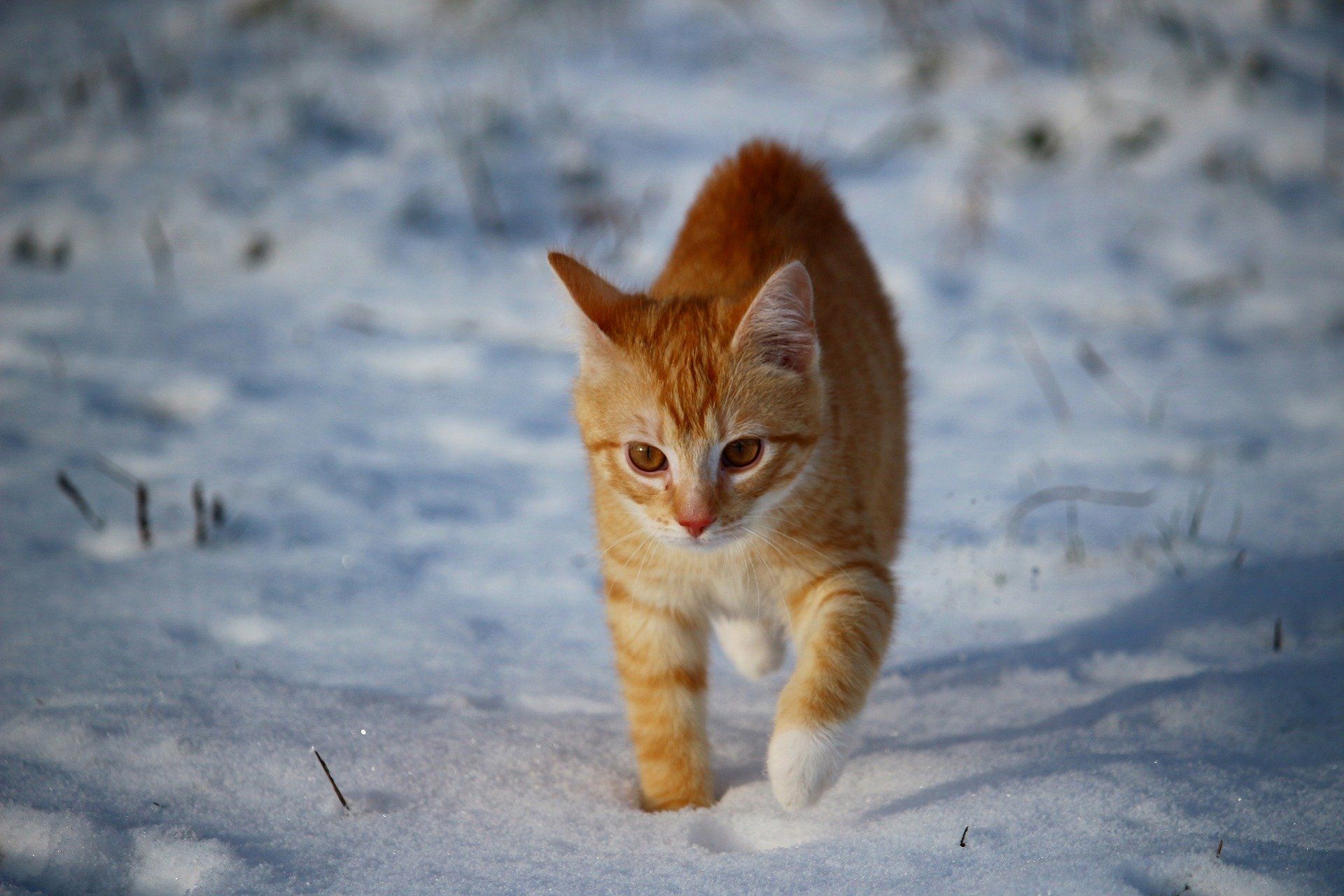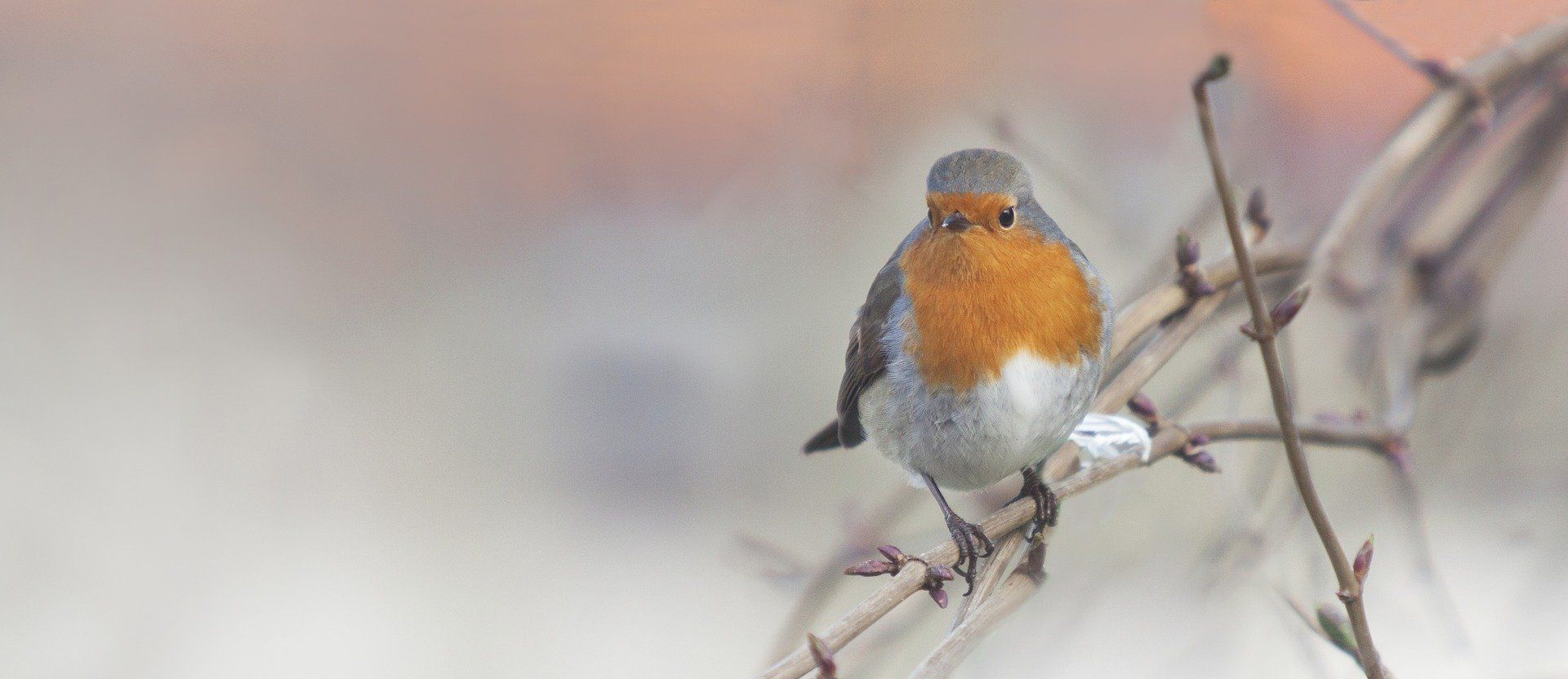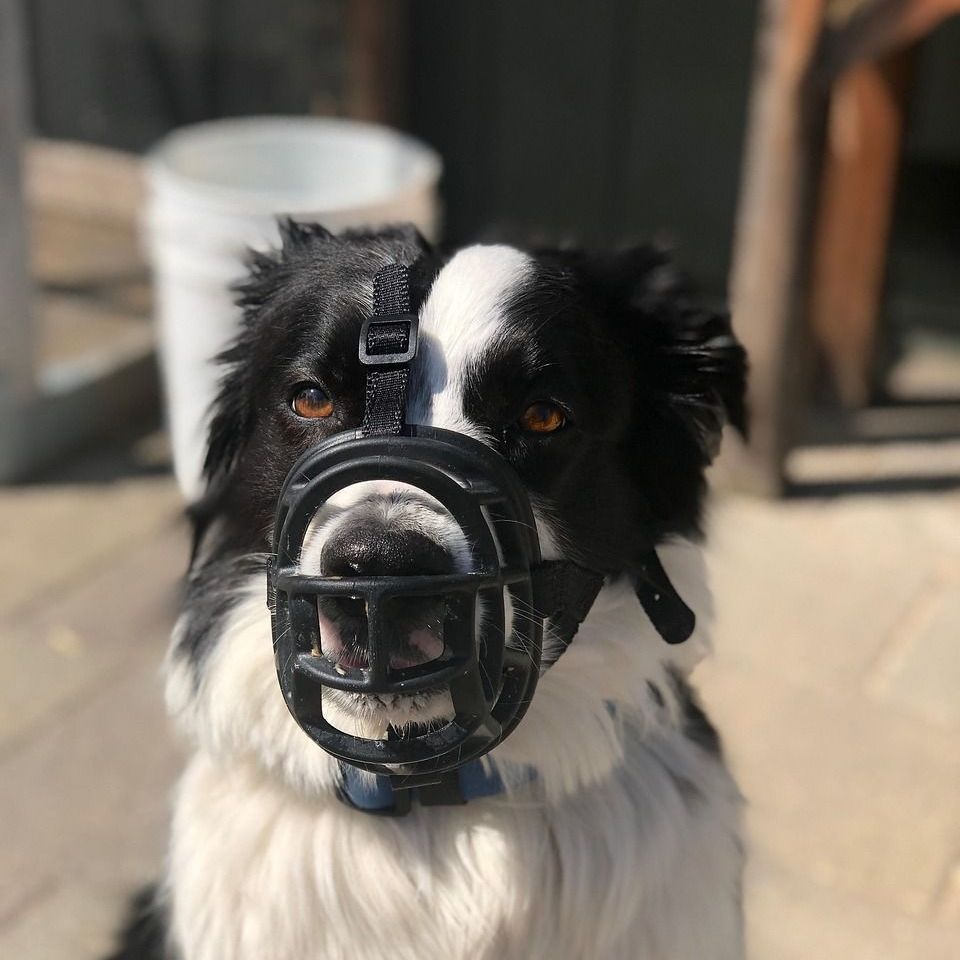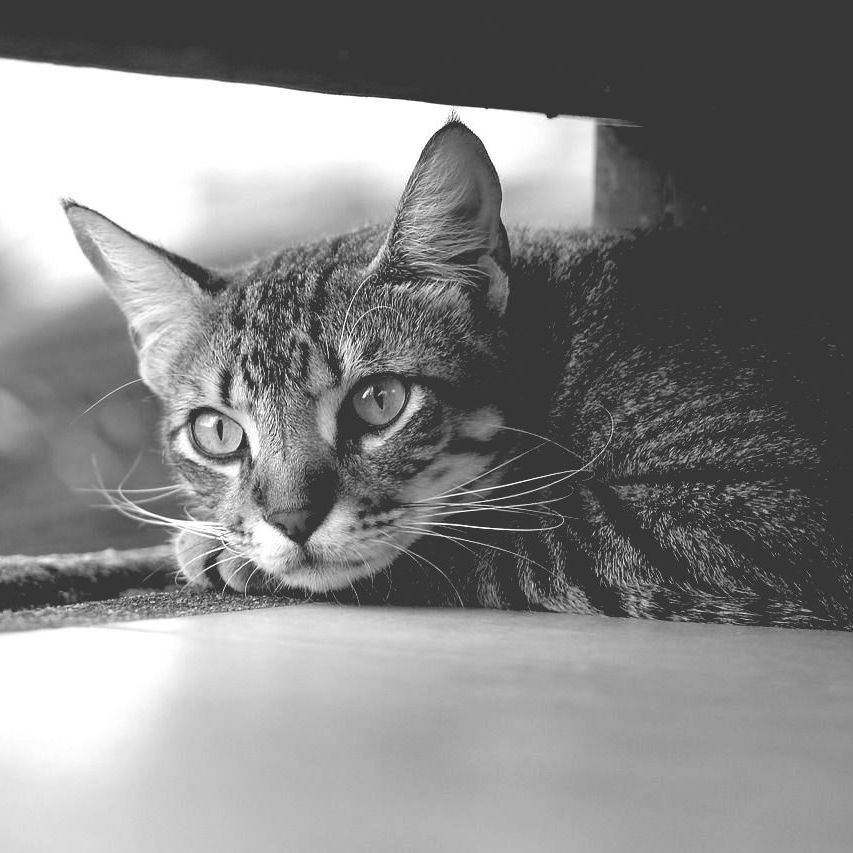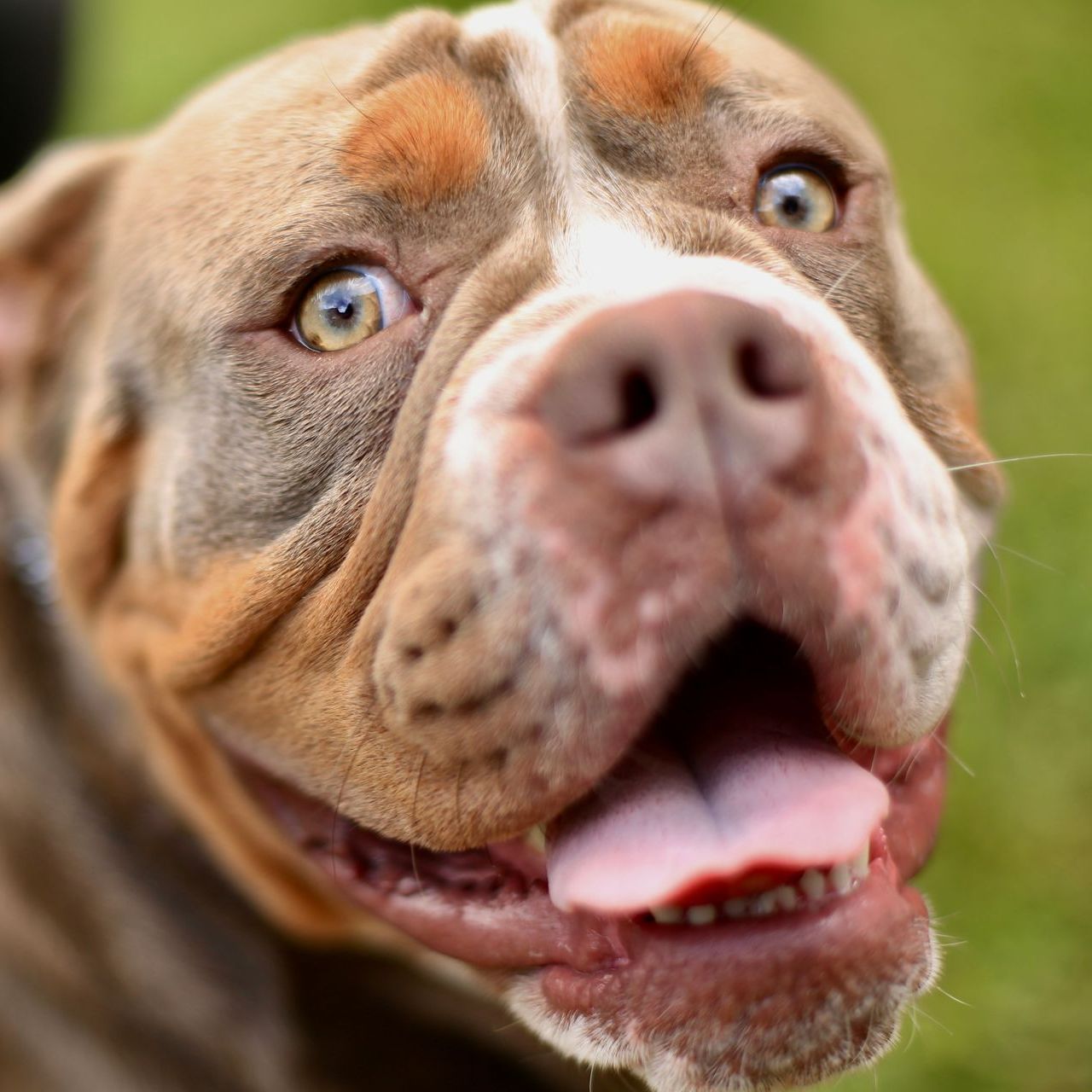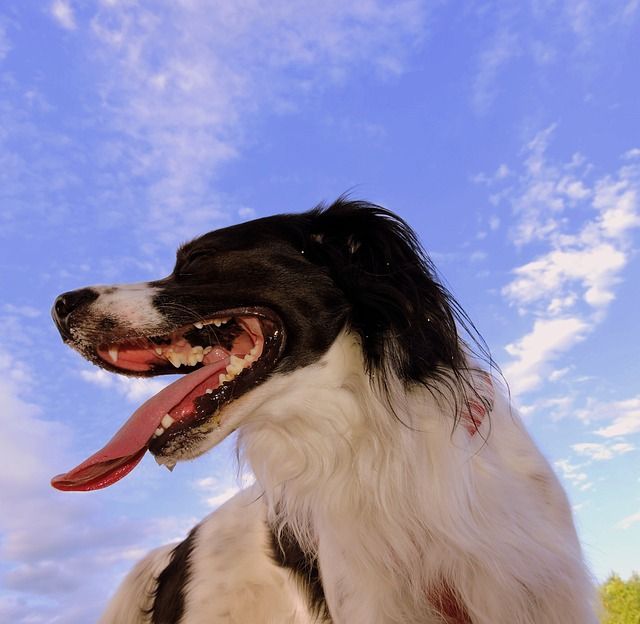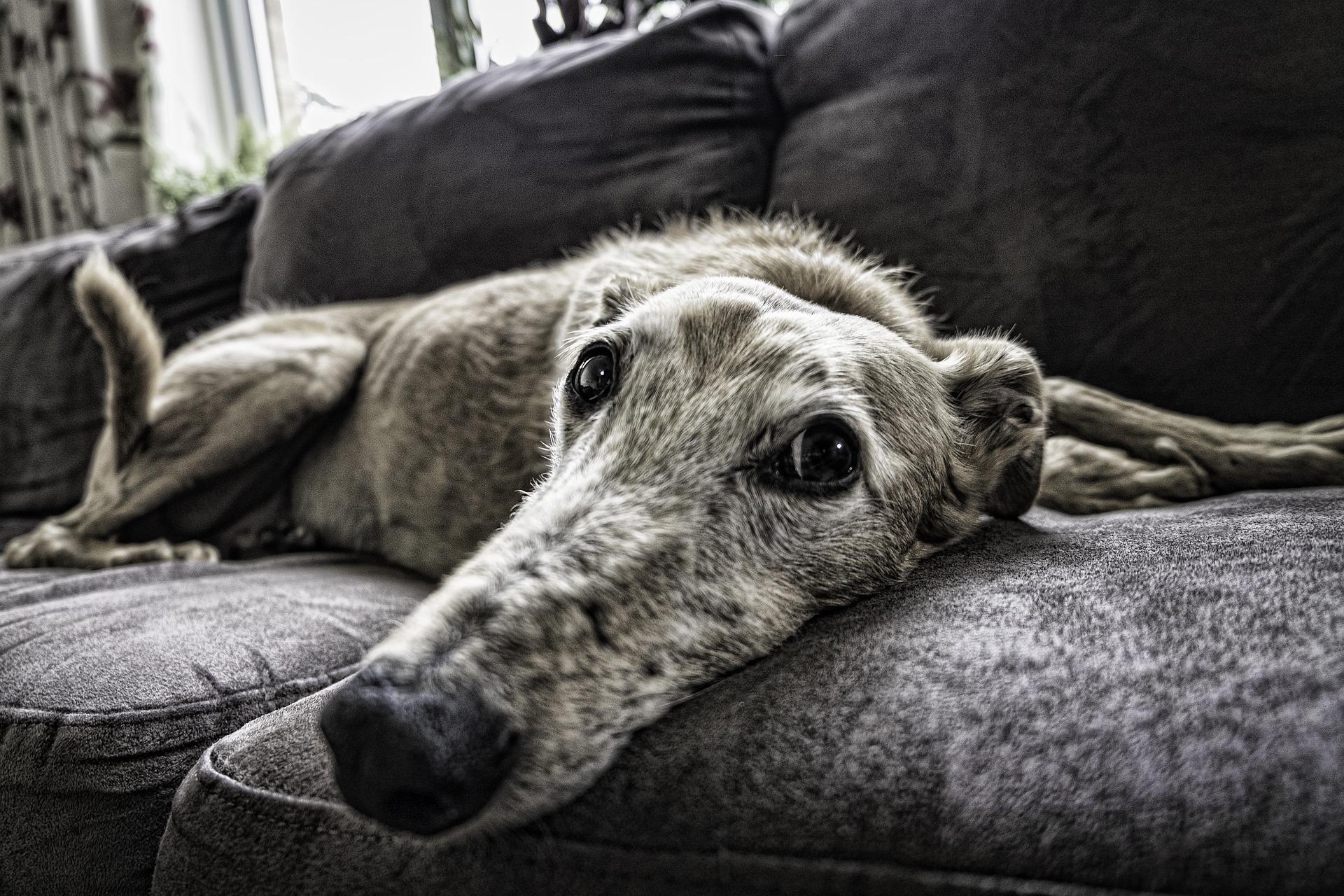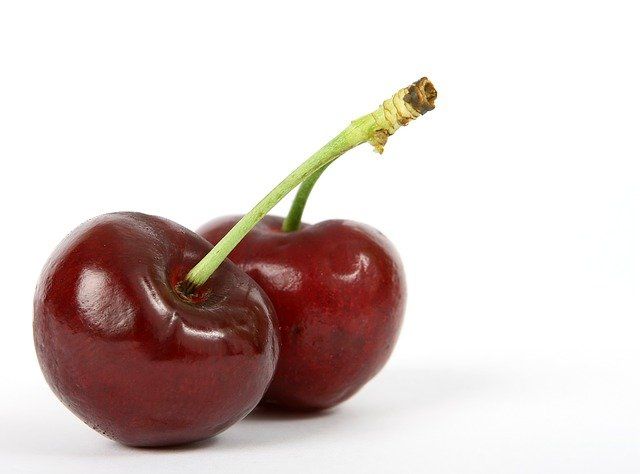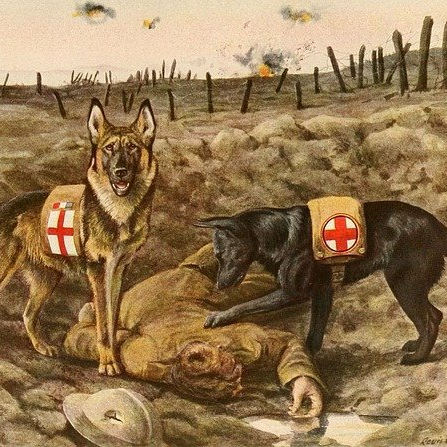Baby, its cold outside!
Winter is approaching rapidly, and if it’s anything like last year, (and you believe the news) we can expect some very chilly
conditions indeed again. Here is our guide to keeping your pets healthy in the cold.
Outdoor Pets
If you have
outdoor rabbits or other hutch dwellers make sure their hutch is kept warm and
snug. You could consider moving it to a garage or shed? It is important to keep the drafts out and insulation can be improved by covering
it with old carpet or sacking. Make sure you provide plenty of bedding and ensure that water bowls
and bottles are not frozen and food can be easily accessed. Consider putting a thermometer nearby so you can keep an eye on the temperature and bring indoors
if too cold. (You can get very good cheap thermometers that feature a maximum/minimum display so you can see at a glance the ranges).
If you have an
outdoor pond, some planks or other covering, over one end will keep it from
freezing completely. Keep pets from running across the frozen surface as it may
not support their weight. Extra care should be taken when out on walks to prevent dogs running across streams/canals/rivers etc.
Cats
Cats typically spend less time outside during the winter months, and so end up doing much less exercise. It is not a bad idea to slightly reduce their food intake as most cats we see tend to put weight on during this period!
Every year we see
cases of cystitis in cats who are unwilling to go out in bad weather for
toileting. Make sure you provide a litter tray so they don’t have to go out if they don't want to. For cats not used to using a litter tray, it can help if you fill their tray with "organic" litter such as dried leaves, twigs and/or soil. If
your cat is the hardy sort who still goes out despite the weather, then just let
them out during daylight hours.
Please ensure their microchip details are up to date, just in case they get lost or involved in an accident.
If you don’t have
a cat flap consider an outdoor shelter for your cat to go to in case the
weather worsens. There are lots of imaginative self-build shelters on the
internet for inspiration. Reflective cat collars are also a good idea if you can persuade your cat to wear one,
make sure they are the sort that will break if your cat gets caught anywhere.
Please also be really careful if you use any anti-freeze as this is highly appealing and highly toxic to cats. Make sure that any spills or leaks are dealt with as soon as possible.
Dogs
Dogs still need exercise even in the very worst weather. Older, thin, or very thin coated dogs may like a coat when the weather is bad. If your dog has very hairy feet then you can trim the hair between the pads to stop them developing balls of ice on their feet in the snow. If the roads have been gritted then wash your dogs’ feet after they have been out to get rid of grit and salt that can cause sores. Reflective collars and coats are a good idea for both dog and walker
Just like ourselves pets can suffer from arthritis and joint problems as they get older and the cold weather can seem to make worse. If you are worried about your pet then do see one of the vets as there are lots of things we can do to help from medication, food supplements, acupuncture and exercises/physiotherapy to aid your pets’ mobility.
and finally...
... don’t forget the visitors to the garden. Birds find it harder to find food and water in the winter especially in the snow. A couple of inexpensive bird feeders can make all the difference and encourage them into the garden. Make sure you have some unfrozen water available. If you are luckily enough to have hedgehogs visit then they will also enjoy a bit of extra food and water too! There is more information here https://www.discoverwildlife.com/how-to/wildlife-gardening/5-ways-you-can-help-wildlife-this-winter/

